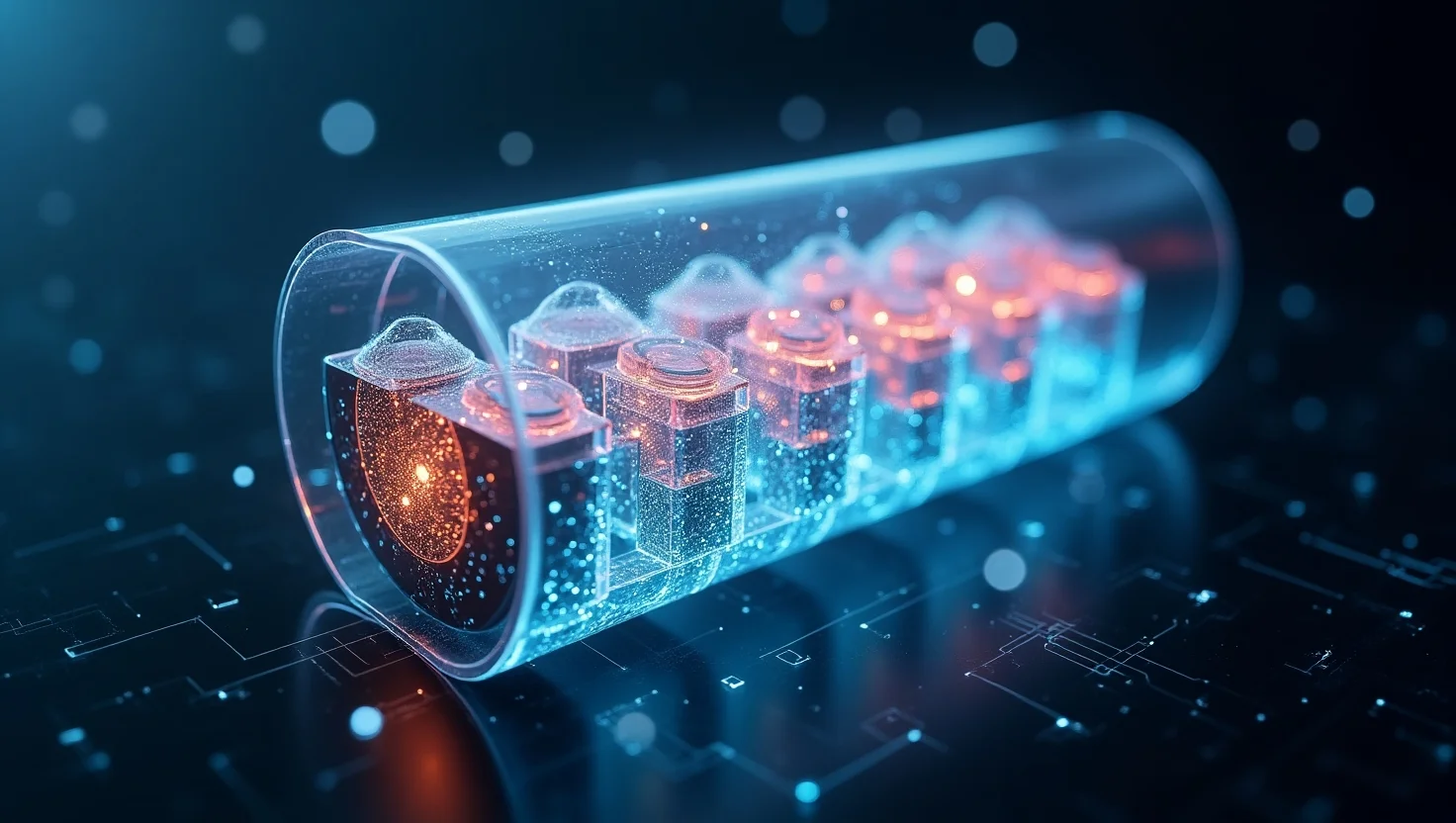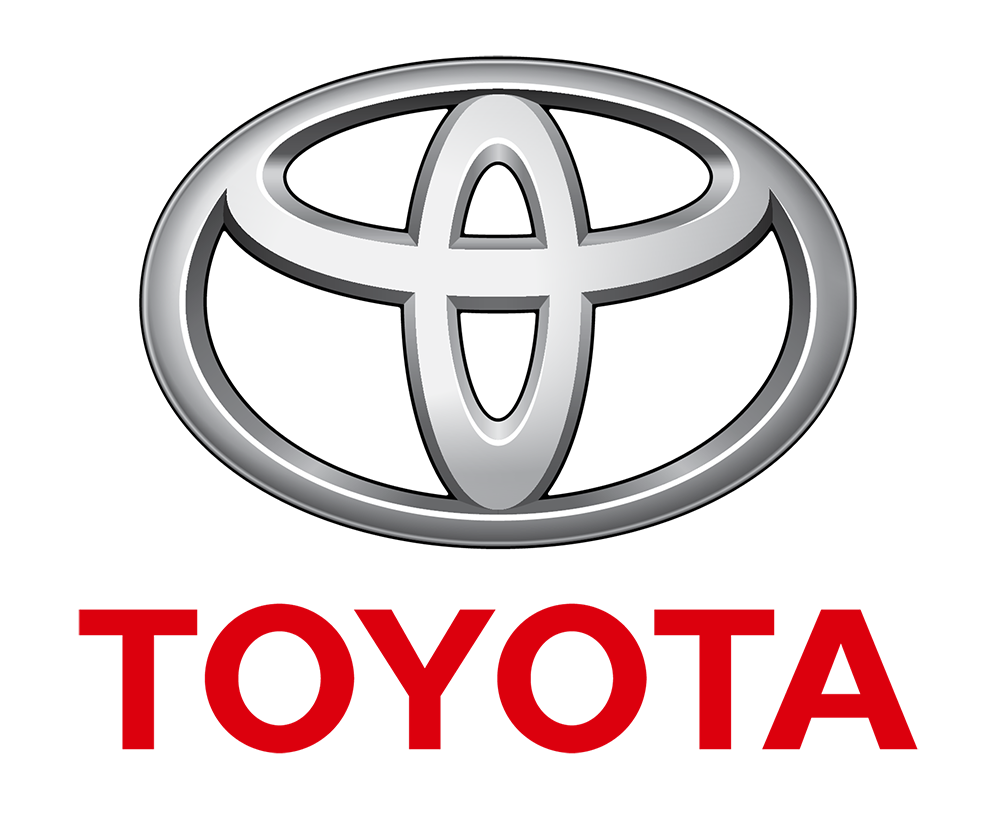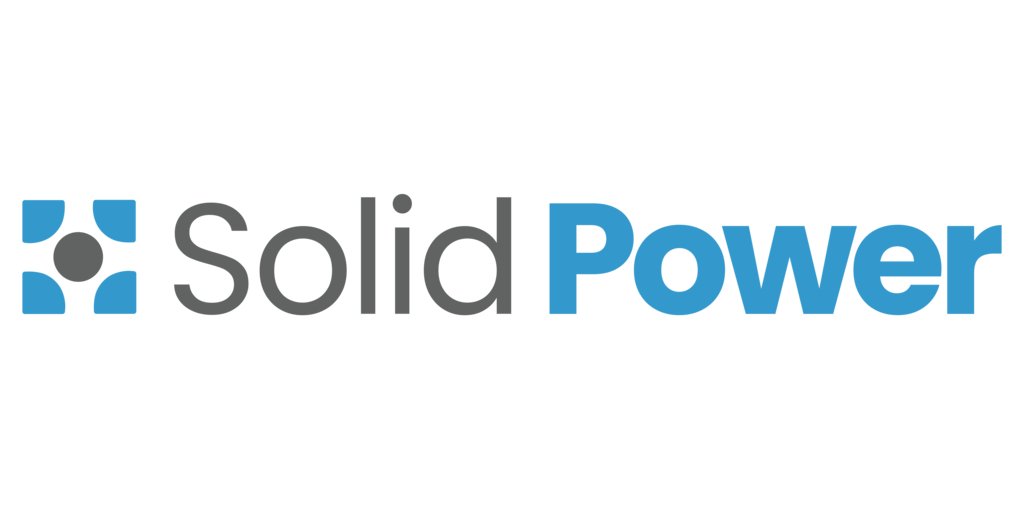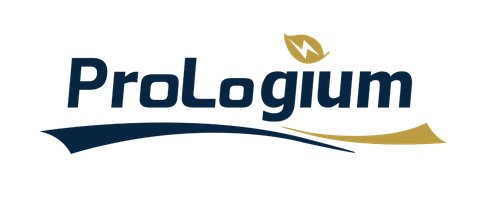
The Power Players: 5 Frontrunners Revolutionizing Solid-State Battery Technology
5/5/2025
In the race to build better batteries, solid-state technology represents the holy grail. By replacing the liquid electrolyte in conventional lithium-ion batteries with a solid material, it promises dramatically improved safety (eliminating flammable liquids), higher energy density (more range/power), and faster charging speeds. Innovators are exploring diverse chemistries like sulfides, oxides, and polymers. As the world accelerates toward electrification, these five companies are leading the charge:
 1. QuantumScape: Potential frontrunner with strong IP portfolio
Perhaps the most talked-about startup, QuantumScape gained prominence with significant backing from Volkswagen. Their core innovation is a proprietary ceramic separator enabling an "anodeless" design. This allows the use of pure lithium-metal anodes, boosting energy density while aiming to prevent harmful dendrite growth. Their prototype single-layer cells have shown impressive metrics:
Fast Charging: 80% charge in under 15 minutes
Energy Density: Targeting over 300 Wh/kg
Cycle Life: Over 1,000 cycles with >95% energy retention reported
QuantumScape's technology could potentially slash EV charging times and push vehicle range towards 400-500 miles. However, their success critically hinges on scaling this complex ceramic technology from single-layer cells to large, multi-layer automotive batteries affordably and reliably.
1. QuantumScape: Potential frontrunner with strong IP portfolio
Perhaps the most talked-about startup, QuantumScape gained prominence with significant backing from Volkswagen. Their core innovation is a proprietary ceramic separator enabling an "anodeless" design. This allows the use of pure lithium-metal anodes, boosting energy density while aiming to prevent harmful dendrite growth. Their prototype single-layer cells have shown impressive metrics:
Fast Charging: 80% charge in under 15 minutes
Energy Density: Targeting over 300 Wh/kg
Cycle Life: Over 1,000 cycles with >95% energy retention reported
QuantumScape's technology could potentially slash EV charging times and push vehicle range towards 400-500 miles. However, their success critically hinges on scaling this complex ceramic technology from single-layer cells to large, multi-layer automotive batteries affordably and reliably.
 2. Toyota: OEM leading the race on solid-state deployment for EVs
A true pioneer, Toyota boasts one of the industry's largest solid-state patent portfolios (>1,000 patents), reflecting decades of dedicated research, primarily focused on sulfide-based electrolytes. Leveraging their vast manufacturing expertise, they're collaborating with partners like Panasonic (via Prime Planet Energy & Solutions) and Idemitsu Kosan to mass-produce solid electrolytes and integrate them into future EVs. Toyota has ambitious targets:
Future EV Goal: Less than 10-minute charging
Future EV Goal: Range potentially exceeding 700 miles
Toyota's methodical approach and substantial investment position them as a powerful long-term player, aiming for durable, safe, high-performance batteries for the mass market.
2. Toyota: OEM leading the race on solid-state deployment for EVs
A true pioneer, Toyota boasts one of the industry's largest solid-state patent portfolios (>1,000 patents), reflecting decades of dedicated research, primarily focused on sulfide-based electrolytes. Leveraging their vast manufacturing expertise, they're collaborating with partners like Panasonic (via Prime Planet Energy & Solutions) and Idemitsu Kosan to mass-produce solid electrolytes and integrate them into future EVs. Toyota has ambitious targets:
Future EV Goal: Less than 10-minute charging
Future EV Goal: Range potentially exceeding 700 miles
Toyota's methodical approach and substantial investment position them as a powerful long-term player, aiming for durable, safe, high-performance batteries for the mass market.
 3. Solid Power: Focused on sulfide chemistry to achieve high performance
Backed by Ford, BMW, and SK Innovation, Solid Power focuses on sulfide-based solid electrolytes. A key differentiator is their design aim: compatibility with existing lithium-ion manufacturing processes. This "drop-in" potential could significantly lower costs and speed up large-scale adoption. They utilize silicon anodes and NMC cathodes, reporting strong prototype performance:
Energy Density: Around 390 Wh/kg (930 Wh/L)
Cycle Life: Over 1,000 cycles demonstrated
Solid Power operates pilot production lines and focuses on validating its technology in automotive-scale cells through its partnerships, offering a pragmatic route to commercialization by leveraging established infrastructure.
3. Solid Power: Focused on sulfide chemistry to achieve high performance
Backed by Ford, BMW, and SK Innovation, Solid Power focuses on sulfide-based solid electrolytes. A key differentiator is their design aim: compatibility with existing lithium-ion manufacturing processes. This "drop-in" potential could significantly lower costs and speed up large-scale adoption. They utilize silicon anodes and NMC cathodes, reporting strong prototype performance:
Energy Density: Around 390 Wh/kg (930 Wh/L)
Cycle Life: Over 1,000 cycles demonstrated
Solid Power operates pilot production lines and focuses on validating its technology in automotive-scale cells through its partnerships, offering a pragmatic route to commercialization by leveraging established infrastructure.
 4. ProLogium: The Asian Innovation Leader
Taiwan-based ProLogium specializes in oxide-based (ceramic) solid electrolytes. This approach allows for high-performance cathode and anode materials (including innovative 100% silicon composite anodes), targeting high energy density and potentially lower manufacturing costs. Their performance goals include:
Energy Density: Aiming for 321–359 Wh/kg
Fast Charging: 80% charge in as little as 6-8 minutes
Cycle Life: Targeting >1,000 cycles
Having launched a giga-level demonstration line in Taiwan and partnering strategically with Mercedes-Benz, ProLogium is aggressively pushing towards mass production, positioning itself for near-term commercial deployment in EVs.
4. ProLogium: The Asian Innovation Leader
Taiwan-based ProLogium specializes in oxide-based (ceramic) solid electrolytes. This approach allows for high-performance cathode and anode materials (including innovative 100% silicon composite anodes), targeting high energy density and potentially lower manufacturing costs. Their performance goals include:
Energy Density: Aiming for 321–359 Wh/kg
Fast Charging: 80% charge in as little as 6-8 minutes
Cycle Life: Targeting >1,000 cycles
Having launched a giga-level demonstration line in Taiwan and partnering strategically with Mercedes-Benz, ProLogium is aggressively pushing towards mass production, positioning itself for near-term commercial deployment in EVs.
 5. Factorial Energy:
This US startup is developing its proprietary FEST™ (Factorial Electrolyte System Technology), utilizing a solid electrolyte material to enable safe, high-capacity lithium-metal anodes. They are also advancing Solstice™, a sulfide-based electrolyte technology with novel dry cathode processing. Protected by over 100 patents, Factorial has showcased cells maintaining:
Cycle Life: 97% capacity retention after 675 cycles (specific cell tested)
Company announced the delivery of A-samples of its 100+Ah solid-state EV battery cells to global automotive OEM for testing followed by shipping of 106 Ah B-samples in 2024.
In Feb 2025, Mercedes-Benz announced road testing of first car powered by a lithium-metal solid-state battery. This sets the real benchmark for automotive players as this partnership becomes first to successfully integrate lithium metal solid-state batteries into a production vehicle platform.
The Road Ahead: Scaling the Solid-State Summit
Lab results are exciting, but the real solid-state prize goes to whoever scales first and fastest. It's a high-stakes game of mastering complex manufacturing while keeping performance sky-high and integrating with current supply lines. These 5 frontrunners are aiming for the summit, promising the energy storage holy grail: ultra-safe, power-dense, fast-charging batteries for EVs, gadgets, and beyond. The solid-state revolution is inevitable. Now we wait to see who plants the flag first.
5. Factorial Energy:
This US startup is developing its proprietary FEST™ (Factorial Electrolyte System Technology), utilizing a solid electrolyte material to enable safe, high-capacity lithium-metal anodes. They are also advancing Solstice™, a sulfide-based electrolyte technology with novel dry cathode processing. Protected by over 100 patents, Factorial has showcased cells maintaining:
Cycle Life: 97% capacity retention after 675 cycles (specific cell tested)
Company announced the delivery of A-samples of its 100+Ah solid-state EV battery cells to global automotive OEM for testing followed by shipping of 106 Ah B-samples in 2024.
In Feb 2025, Mercedes-Benz announced road testing of first car powered by a lithium-metal solid-state battery. This sets the real benchmark for automotive players as this partnership becomes first to successfully integrate lithium metal solid-state batteries into a production vehicle platform.
The Road Ahead: Scaling the Solid-State Summit
Lab results are exciting, but the real solid-state prize goes to whoever scales first and fastest. It's a high-stakes game of mastering complex manufacturing while keeping performance sky-high and integrating with current supply lines. These 5 frontrunners are aiming for the summit, promising the energy storage holy grail: ultra-safe, power-dense, fast-charging batteries for EVs, gadgets, and beyond. The solid-state revolution is inevitable. Now we wait to see who plants the flag first.



